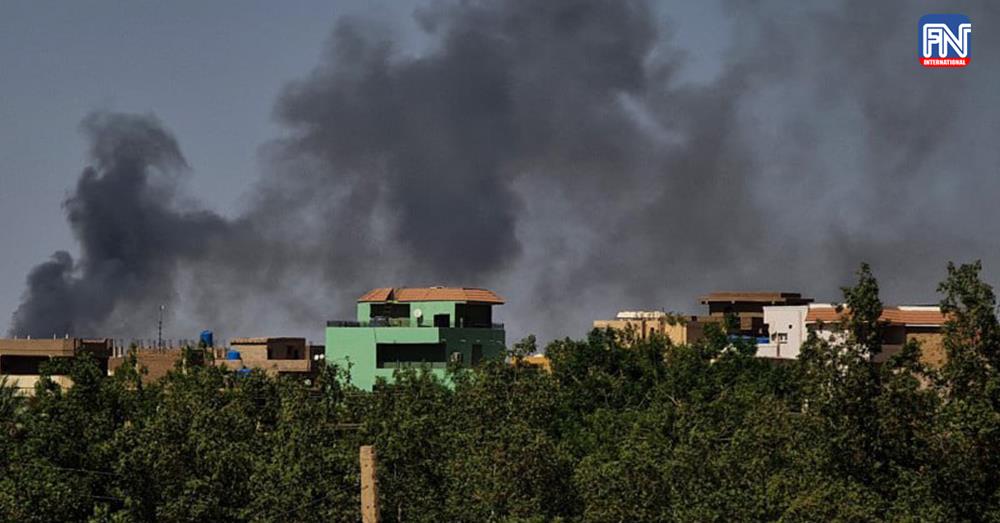UNITED NATIONS, Oct. 9 (Xinhua) -- An estimated 19 million children in Sudan are out of school as the military conflict approaches the six-month mark next week, said the UN Children's Fund (UNICEF) and Save the Children on Monday.
Out of this total, some 6.5 million children lost access to school due to increased violence and insecurity in their region, with at least 10,400 schools shuttered in conflict-affected areas, said the two children's organizations in a joint press release.
Meanwhile, over 5.5 million children who reside in areas less impacted by war are waiting for local authorities to confirm whether classrooms can be reopened, they added.
Sudan has 23 million children, accounting for nearly half of the country's total population.
Even before the conflict erupted on April 15, nearly 7 million children were already out of school. If the war continues, no child in Sudan will be able to go back to school in the coming months, leaving them exposed to immediate and long-term dangers, including displacement, recruitment by armed groups and sexual violence, the two agencies warned.
Spending on social services has been on a steep decline, with teachers in almost all states missing their salaries since the armed conflict started. Education supplies are lacking, and facilities have not been maintained. While efforts are under way in a few regions to ensure education systems in Sudan remain functional, there are significant constraints, and the needs are quickly outpacing the resources, they said.
UNICEF and Save the Children called on the Sudanese authorities to reopen schools in safe areas, while supporting alternative learning modalities in communities where schools can no longer be open due to safety and security concerns.
They called on the international community to stand in solidarity with the Sudanese children and to provide the necessary resources and support to ensure millions of Sudanese children can go back to school and ensure conflict-affected children have the opportunity to access learning and psychosocial support in safe spaces.

Photo from AFP




